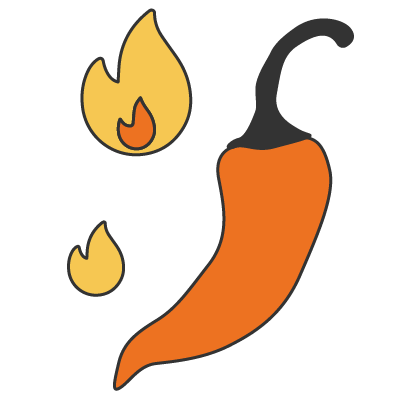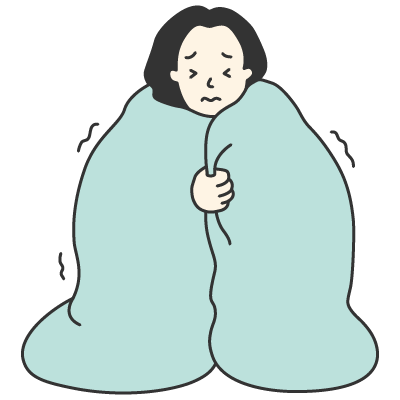Chinese is a rich language, and it has a lot of adverbs that you can use to add a different degree of emotion to adjectives.
Add these 7 most popular Chinese adverbs to your toolkit!
1. “Very” | 很 (hěn)
很 (hěn) means “very”, and it is the most common adverb that is often not translated into English, and serves to connect nouns with adjectives. It can be used with any adjective.
Structure: [Subject + 很 + adjective]
Examples:
中国很漂亮。
(Zhōngguó hěn piàoliang.)
China is beautiful.
中国菜很好吃。
(Zhōngguócài hěn hǎochī.)
Chinese food is (very) tasty.
2. “Very” | 非常 (fēicháng)
Similar to 很 (hěn), 非常 (fēicháng) is also a very common adverb which gives the adjective a higher degree of emotion. 非常 (fēicháng) is usually translated as “very much”, so it’s stronger than 很 (hěn).
Structure: [Subject + 非常 + adjective]
Example:
这个包非常贵。
(Zhè gè bāo fēicháng guì.)
This bag is extremely expensive.
3. “Quite” | 挺 (tǐng)
挺 (tǐng) means “quite”, “pretty”. It’s often used in the structure meaning “quite + adj”, which means its degree of emotion is lower than that of 很 (hěn) and 非常 (fēicháng).
Structure: [Subject + 挺 + adjective + 的]
Example:
这个电影挺好看的。
(Zhè gè diànyǐng tǐng hǎokàn de.)
This movie is quite interesting.
Vocabulary:
电影 (diànyǐng): movie
好看 (hǎokàn): interesting (about a book or a movie)
4. “Too” | 太 (tài)
This structure means “so/too + adj”, and it is often used by Chinese people to make exclamative sentences, which means it’ll be an appropriate phrase to choose if something extremely surprising has happened. This structure can also be used to make a compliment or a complaint.
Structure: [Subject + 太 + adjective + 了]
Examples:
微信太方便了。
(Wēixìn tài fāngbiàn le.)
WeChat is so convenient! (a compliment)
牛肉太辣了 。
(Niúròu tài là le)。
The beef is too spicy. (a complaint)
Vocabulary:
微信 (Wēixìn): WeChat
方便 (fāngbiàn): convenient
牛肉 (niúròu): beef
辣 (là): spicy
5. “Not very” | 不太 (bù tài)
Although this structure looks similar to the previous one, it has a completely different meaning. If you’ve been learning Chinese for a while, you probably know that 不 (bù) is usually used to negate a phrase or a sentence. So as you’ve probably guessed, this structure means “not really + adjective”.
Structure: [Subject +不太 + adjective]
Example:
今天不太热。
(Jīntiān bù tài rè.)
It’s not really hot today.
Vocabulary:
今天 (jīntiān): today
热 (rè): hot
6. “Extremely” | adj+极了 (jÍ le)
An appropriate explanation in English for this structure can be “extraordinarily + adjective”. Therefore, it’s an ideal phrase that you can use to describe something which is way beyond your expectation.
Example:
这个主意好极了。
(Zhè gè zhǔyì hǎo jí le.)
This is a wonderful idea.
Vocabulary:
主意 (zhǔyì): idea
7. “Extremely” | adj+死了 (sǐ le)
死 (sǐ) means “to die”, and it’s associated with something ominous in Chinese culture. Despite the fact that this structure has a similar meaning to the one above, the adjectives that it can be applied to can only have a neutral or a derogatory meaning.
Examples:
我累死了。
(Wǒ lěi sǐ le.)
I’m so tired.
今天冷死了。
(Jīntiān lěng sǐ le.)
It’s so cold today.

















0 Comments